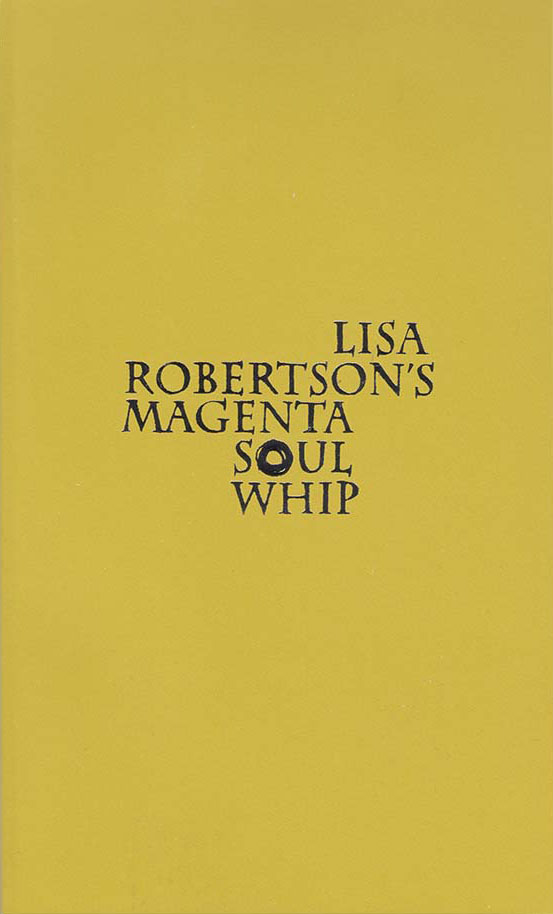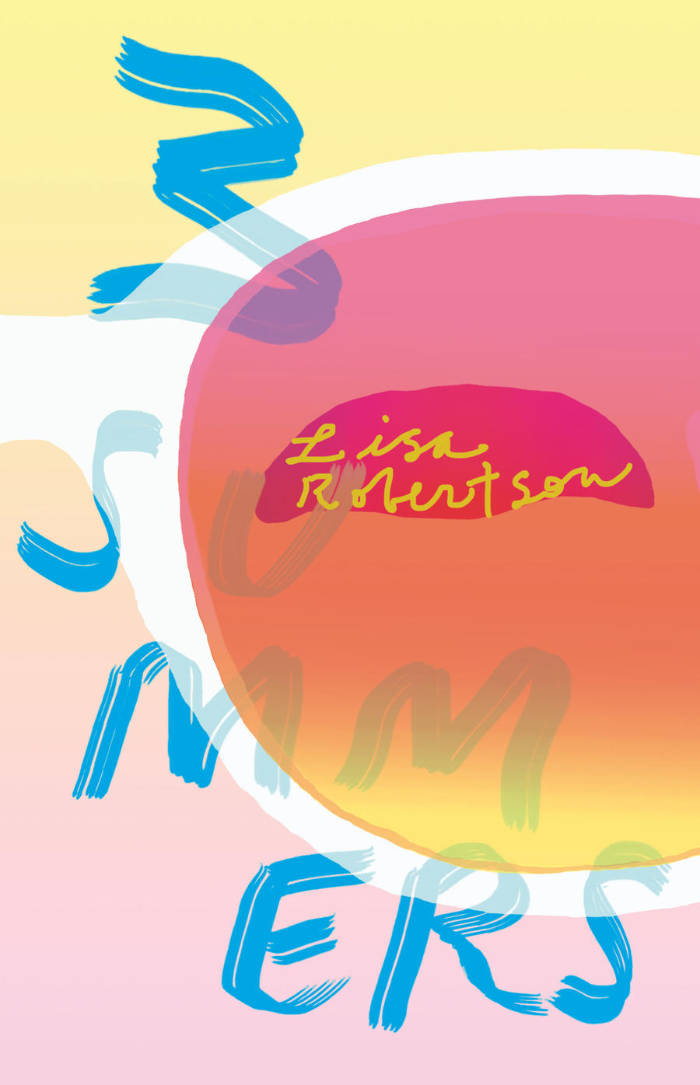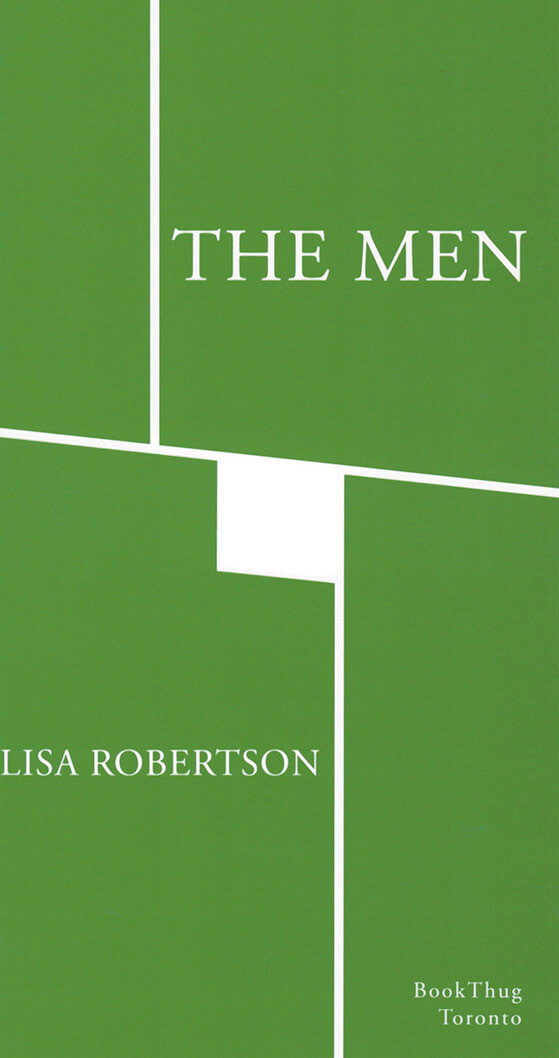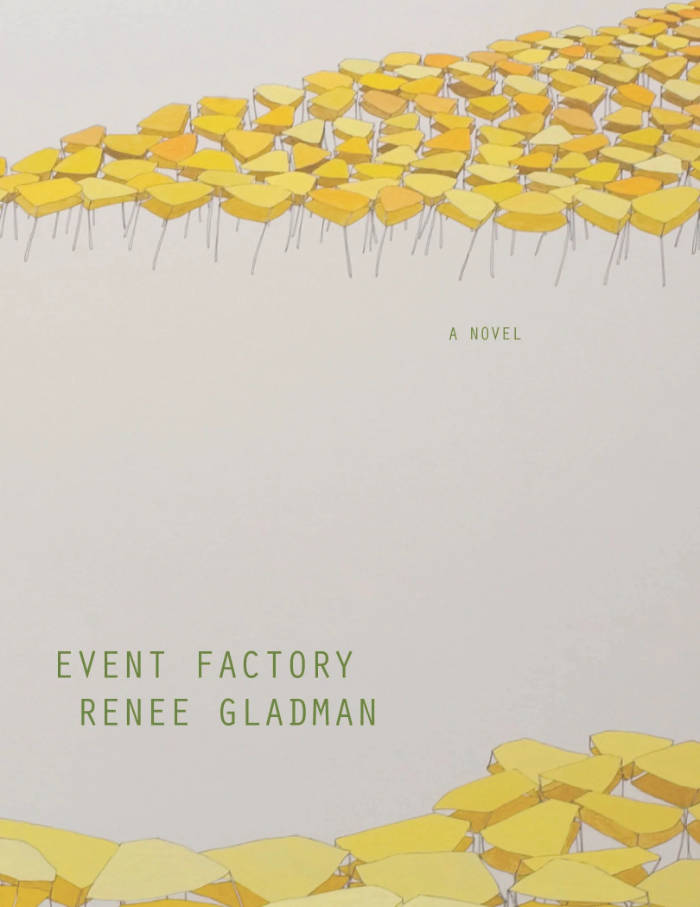
The Baudelaire Fractal
One morning, Hazel Brown awakes in a badly decorated hotel room to find that she's written the complete works of Charles Baudelaire. In her bemusement the hotel becomes every cheap room she ever stayed in during her youthful perambulations in 1980s Paris ... This is the legend of a she-dandy's life. Part magical realism, part feminist ars poetica, part history of tailoring, part bibliophilic anthem, part love affair with nineteenth-century painting, The Baudelaire Fractal is poet and art writer Lisa Robertson's first novel.
'As far as I'm concerned, it's already a classic.' - Anne Boyer







